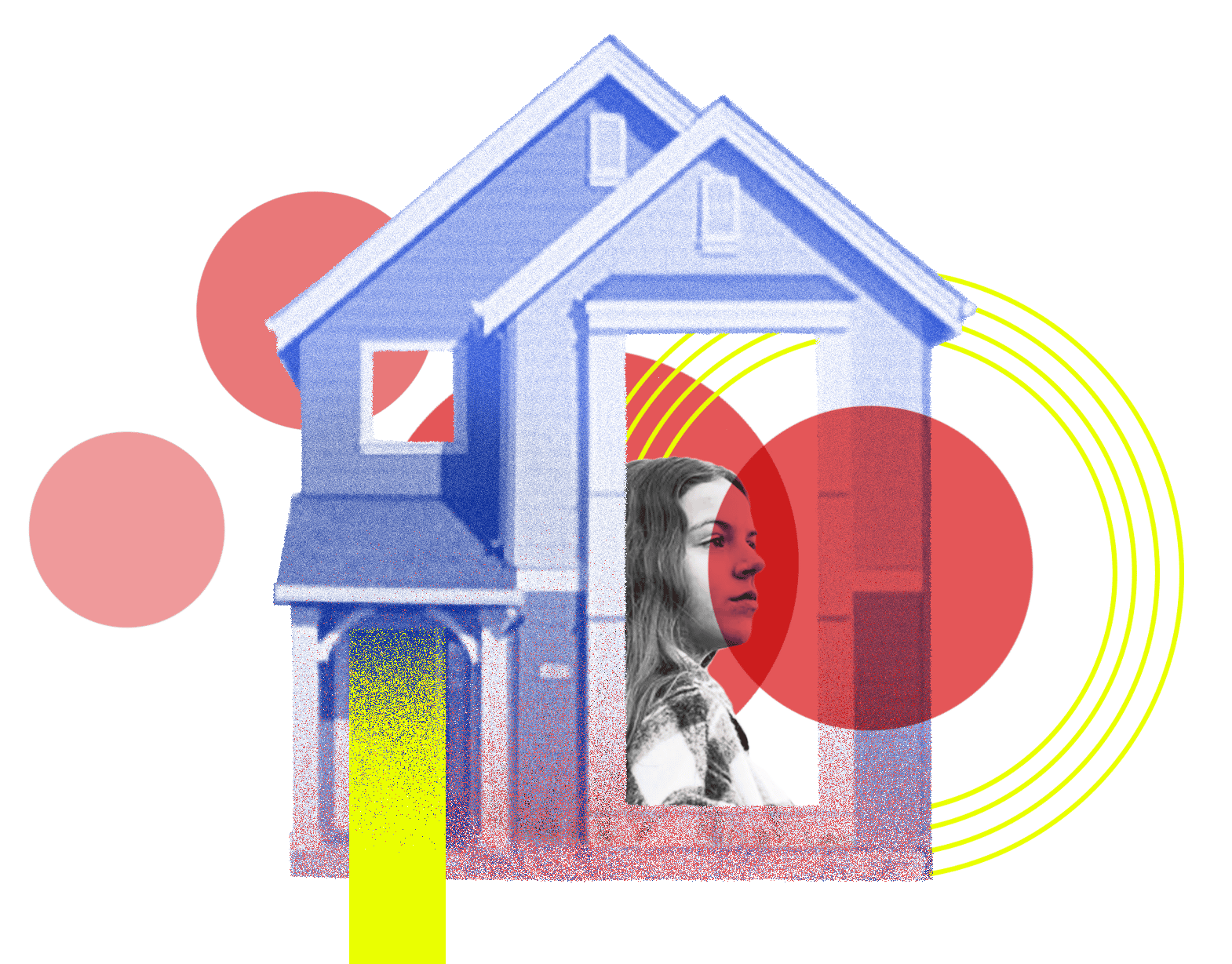Four teenage girls lived at the group home where I worked in my twenties. They went to public school, made friends, and sometimes did typical teenage things like go to prom or try out for the tennis team. After school, they did homework or chores or watched TV, and on the weekends we kept busy with trips to the movies or the mall.
There were many individual paths to places like this group home—from a home with relatives, a foster family, a different residential program, or someplace else. The girls were in need of care, and my own recent path through a degree in child development made me eager to believe I could provide that care.
Early on, the girls tested me with personal questions and loud declarations about why they did not need to listen to me. My boss assured me that if I provided a calm and consistent presence, the girls would find ways to trust me. Before I understood what this meant, I waged a campaign for more vegetarian dinners. My roommate and I had recently stopped eating meat, and I thought this was my chance to introduce the girls to new foods and new ideas about eating.
They were bewildered at first, then annoyed, then angry about my changes to the menu. One night, a kid’s family came to dinner and found themselves sitting before a plate of falafel from a box mix. After that, they called me before every visit to make sure we were serving meat, and my boss told me the experiment was over.
The girls hated the house rules, the fixed bedtimes, the way the staff sometimes switched shifts or left the job altogether. When we piled into the minivan to go to Kmart for school clothes or Christmas gifts, they walked down the aisles at a distance from each other and me. Their eyes widened if anyone started asking questions.
“Big family?” a friendly grandmother in the checkout line would ask, nodding toward the teenagers lined up behind me. “Yes,” I’d say, smiling. Then I’d busy myself with the purchase order I had to use to pay for our stuff. None of the girls would have called me family, but there was no simple explanation for what we were.

I couldn’t always deflect the curiosity of strangers. One hot August weekend, we all went to the state fair. The girls weren’t allowed to carry cash, so I carried four brown expandable folders with their saved-up allowances. When we got to the fairway, one of the girls played a ring toss game, and the rest of us stood behind her, waiting.
The skinny young man running the game was not much older than they were. He looked us over: four girls who were too old for a babysitter, standing with two grown-ups too young to be their mothers or aunts. He looked at the envelopes and then back at me.
“Who are you?” he asked. “You work at the group home where they all live?”
I’d learned to deflect the girls’ questions, but this stranger in an oversize T-shirt was asking things that felt much too personal, questions that simmered below every shift. Who was I? What was I doing here?
Before I could think of anything to say, he said, “I know all about group homes. I lived in them for years. Then I turned eighteen and left and got this job.”
A couple of the girls glanced his way, but he wasn’t poking fun. He recognized them as kin, and they recognized his suspicious questions. He could ask me anything that crossed his mind because he knew I would disappear, just like every other staff person who had ever taken care of him. I didn’t give much of a reply, he didn’t care, and the girl finished her game. They spent their money on sugary fried dough and upside-down rides, and we all went home sunburned and a little sick.
That young man knew all about group homes, certainly more than I did. And he and the girls knew something else: eventually they would have a birthday. And then the state would reach right into the kitchen, past the weekly menu tacked on the wall, and turn them in a whole new direction. Out and into the world, toward any fairway that would have them.
Start Sunday morning with a flash essay in your inbox. Enjoy short works hand-selected from the Creative Nonfiction, Brevity, Diagram, River Teeth, and Sweet Literary archives, as well as the occasional original work.
Join the Mailing List
